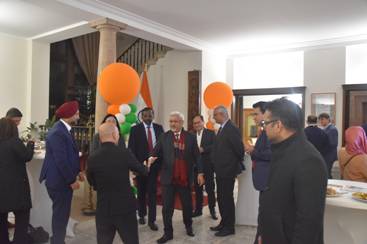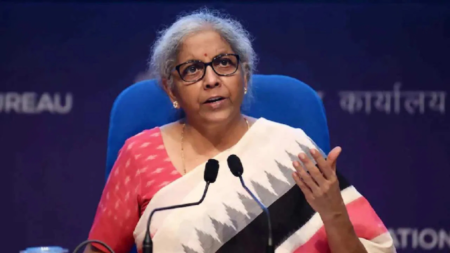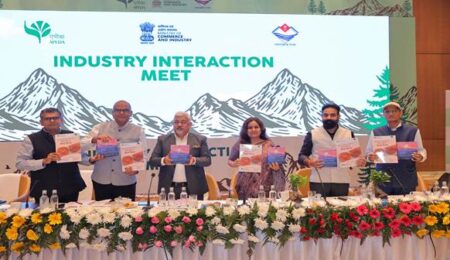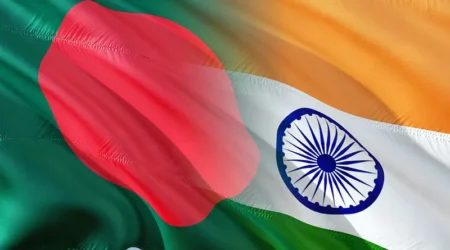The Parliament of Australia has given a green flag to India-Aus short term trade agreement which is expected to increase bilateral trade to around $50 billion in the coming five years. This would be a huge jump from already existing $31 billion.
The pact would largely benefit Indian labour intensive industries like textiles, leather, gems & jewellery, etc. through elimination of import duties. Furthermore, this would also entail smooth passage of students & professionals between the countries. The pact would be enforced 30 days after an exchange of written notifications.
What makes this agreement even more crucial for the country is that it is going to be the first free trade deal signed by India with a developed country in over a decade. The documentation will now be sent for the approval from both the countries.
“Australia’s Parliament passing the India-Australia ECTA (economic cooperation and trade agreement) is a big recognition of India’s growing global stature. Our IT industry, students and many labour-intensive sectors will soon reap the benefits of this landmark deal,” Commerce & Industry Minister Piyush Goyal said on Tuesday.
However, there is still room for a lot of improvements in terms of digital trade, government procurement & market access among others. These factors are not fully there yet but are likely to be discussed/launched during the Joint Ministerial Commission meeting in January 2023, according to the Commerce Department.
Australia is all in to provide duty-free market access for 96.4 per cent of Indian exports on the very first day of implementing the interim ECTA and increase it to 100 per cent in the coming years, hence making Indian exporters pretty optimistic.
“India’s goods exports to Australia will reach $15 billion by 2025 from $6.9 billion in 2021 taking full advantage of ECTA, while services should move to $10 billion by 2025 from $3.9 billion,” according to estimates made by exporters’ body FIEO.
Australia, too, will benefit, including in sectors such as wines and wool, as India has agreed to provide zero-duty market access to 85 per cent of Australian goods. But New Delhi has managed to exclude the sensitive dairy sector and most agricultural items from the ECTA.
Australia has also promised an annual quota of visas for 1,800 yoga teachers and Indian chefs, post study work visas for Indian students, and work and holiday visa arrangement for young professionals.











